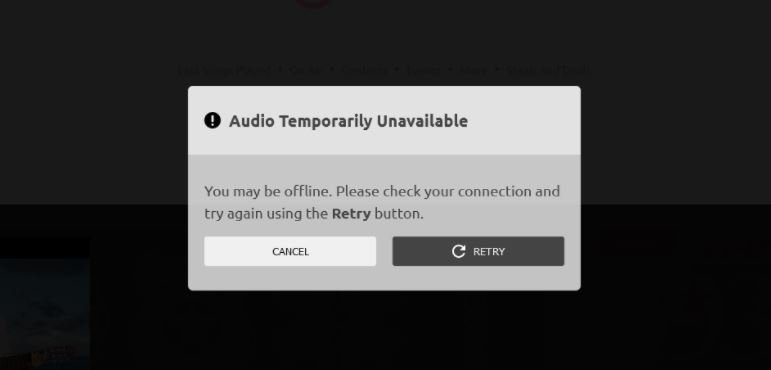In a bizarre event, live radio and television broadcasts broadcast by Cox Media Group were disrupted by what appears to be a ransomware attack. This is one of the most important media conglomerates in the U.S., so the incident severely impacted the operations of this group.
This incident happened on Friday morning and would have compromised internal networks and the ability to live stream, as well as affecting related websites and mobile apps. Official websites, telephone lines and normal programming have been restored, although live broadcasts remain affected.

Live broadcasts from some of the affected TV stations have returned online, according to verifications by The Record, but most of Cox’s radio broadcasts are still offline at the time of writing. In the wake of the incident, some radio and television stations had to cancel live programming, according to tweets shared by some Cox show hosts today.
Due to this incident, some radio and television stations had to cancel live programming, as confirmed by tweets posted on Cox’s official platforms. Companies like Hulu, which receive cox’s broadcasts, have also confirmed problems with their live stream.
The subject of this attack has also circulated in online communities, where the possible authorship of this incident is already theorized.
So far the cybersecurity community has confirmed that the incident impacted the following stations: News9, WSOC, WSB, WPXI, KOKI and in addition to almost all Cox Media Group radio stations. It is worth mentioning that this company owns 57 radio and television stations. The company has already received multiple requests for information, although no comments have been received.
On the other hand, a source close to the incident points out that the company’s autonomous system also disappeared from the DFZ Internet. This is the second time a ransomware group has attacked a major U.S. media conglomerate. In September 2019, a group of threat actors attacked Entercom, the second largest broadcast network in the U.S. and owned by CBS, forcing the disconnection of some radio stations.
To learn more about information security risks, malware variants, vulnerabilities and information technologies, feel free to access the International Institute of Cyber Security (IICS) websites.
He is a cyber security and malware researcher. He studied Computer Science and started working as a cyber security analyst in 2006. He is actively working as an cyber security investigator. He also worked for different security companies. His everyday job includes researching about new cyber security incidents. Also he has deep level of knowledge in enterprise security implementation.
